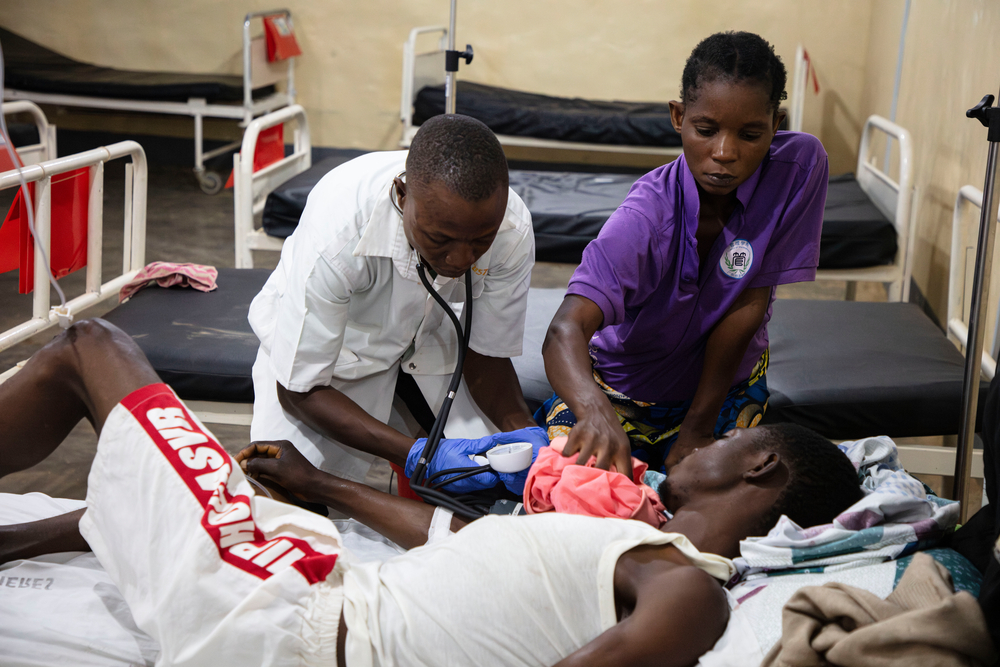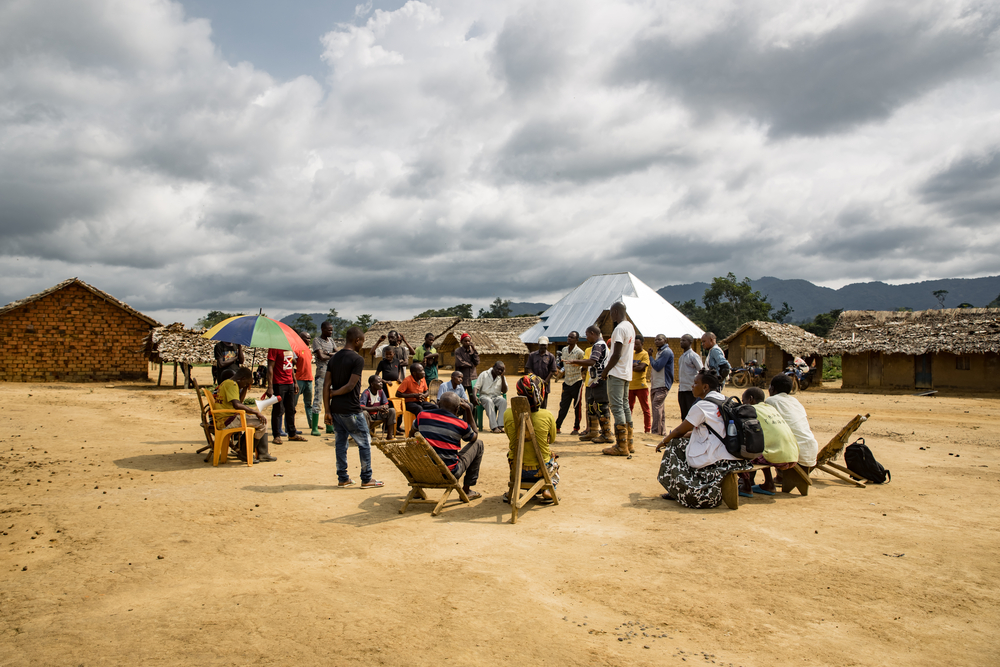Kinshasa, Democratic Republic of Congo (DRC), 3 November 2025- At the end of October, after seven years of activity, Médecins Sans Frontières/Doctors Without Borders (MSF) ended its medical activities in Salamabila, in Maniema province. MSF has provided care for thousands of survivors of sexual violence, malaria and malnutrition, and significantly reduced mortality rates linked to malaria and pregnancy. It is also handing over numerous sustainable healthcare facilities to the Ministry of Health. Given the immense humanitarian needs that remain in the area, MSF calls on local actors and authorities to facilitate and guarantee safe access to healthcare and the distribution of humanitarian aid in Maniema.
On 31 October 2025, MSF withdrew from Salamabila, in Maniema, eastern DRC. This withdrawal is not a change of course, but an acceleration of the withdrawal process planned since the project began. Epidemiological surveillance of the area will be maintained, as will rapid deployment capacity to respond to emergencies.

During the seven years of intervention in Salamabila, MSF teams, in support of local health authorities, treated 16,445 victims of sexual violence, vaccinated 113,000 children against measles, treated 411,000 cases of malaria and cared for 26,817 children suffering from acute malnutrition. Between 2019 and 2024, the maternal mortality rate was reduced twentyfold, and the malaria mortality rate was halved. Within local communities, MSF has trained 13 reproductive health workers to care for survivors of sexual violence, and more than 100 health workers to detect the symptoms of malaria and provide treatment.
The organisation also transfers the infrastructure it has set up to the Ministry of Health: the operating theatre at the Kayembé health centre, maternity wards and consultation rooms at several other health centres, and waste treatment facilities and drinking water wells in all eight supported health centres. MSF has significantly developed the Salamabila hospital by rehabilitating the emergency and maternity wards and creating paediatric, neonatal and acute malnutrition wards. 136 solar panels have also been installed to enable the facility to be completely self-sufficient in electricity.

In Salamabila, humanitarian needs remain significant; it is necessary to maintain an appropriate response that meets these needs. Maniema remains marginalized in terms of humanitarian funding. In 2024, it received only 2.5% of the funds allocated by the DRC Humanitarian Fund[1]. These chronic underfunding compromises people’s access to healthcare.
“Despite the tangible impact of our intervention since 2018, the scale of multisectoral needs remains immense,” explains Moussa. “Maniema province is one of the most isolated in the country. Insecurity, the remoteness of health facilities and the high cost of transport severely limit access to care. Since the armed conflict worsened and Bukavu airport closed, transporting medicines and staff to Salamabila has become more lengthy, more complex and more expensive, although it is still possible by air.”
MSF calls on local actors and authorities to guarantee access to healthcare and to facilitate safe access and the distribution of humanitarian aid in Maniema.
In Salamabila, MSF has considered the entire care pathway for patients, ensuring its continuity. First, it provides community support and primary healthcare in health centres. MSF also provides secondary care support at the general referral hospital and, finally, tertiary care access by taking full responsibility for medical referrals from Salamabila to Bukavu. In addition, MSF has provided specialised, holistic support for the medical and psychosocial care of survivors of sexual violence.
-
Related:
- DRC
- MSF in DRC












